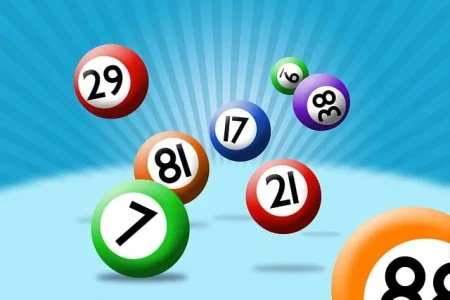
Image by Abbie Fyre from Pixabay
The much-loved game of bingo has a rich history that stretches back centuries. Originating as a lottery game in Italy in the 16th century, it has since evolved and adapted to changes within society, and today, enjoys immense popularity on a global scale. With the explosion of the digital age, bingo has seamlessly transitioned from the bustling halls to various online platforms, making it more accessible to a wider audience.
Reminiscing, bingo was a staple in the UK's entertainment scene in the 20th century. Its popularity grew during the post-war years as it offered a social element that was unique and brought communities together. Bingo halls were not merely places to play a game; they were venues where friendships were formed, stories exchanged, and fun had. The simple pleasure of marking numbers off a card as they were called out filled many an evening.
The rise of television and other forms of indoor entertainment in the latter half of the 20th century brought about a decline in the popularity of bingo halls. Physical establishments saw a significant drop in regular customers, leading many to believe that this was the end of an era for bingo.
However, the advent of the internet and gameplay technology ushered bingo into a new phase of its life. As societies became more digitised, so too did our beloved game. This era can already be regarded as a remarkable renaissance, as it provided the platform for bingo to reach an audience that would otherwise have been impossible.
The ease of accessibility offered by online bingo meant people could play the game from the comfort of their homes or on the go. There was no longer a need to journey to a hall to enjoy the thrill of waiting for your numbers to be called. All it took was a smartphone or a computer with an internet connection, and the world of bingo was readily available at players' fingertips.
While online bingo may lack the physical social interactions provided by traditional bingo halls, it more than makes up for this with various interactive features. In the virtual realm, there are chat rooms where players can communicate, fostering a sense of community reminiscent of the lively halls of yesteryears. Some platforms even offer video calls, bridging the gap between the digital and physical world.
Moreover, online platforms have expanded the game's potential through variations. Traditional bingo is constrained to 75 or 90 ball variants whereas the digital versions offer an almost endless variety of games, with ven more unique and innovative ways to win. Ocean themed bingo, speed bingo, and even television-show inspired games are just some of the creative twists on the classic game that exist today.
In conclusion, while the nature of bingo has shifted from halls to online platforms, the essence remains the same. It is a social game that brings people together while providing an element of thrill. As technology advances, bingo will continue to adapt, ensuring it remains a beloved pastime for generations to come.




